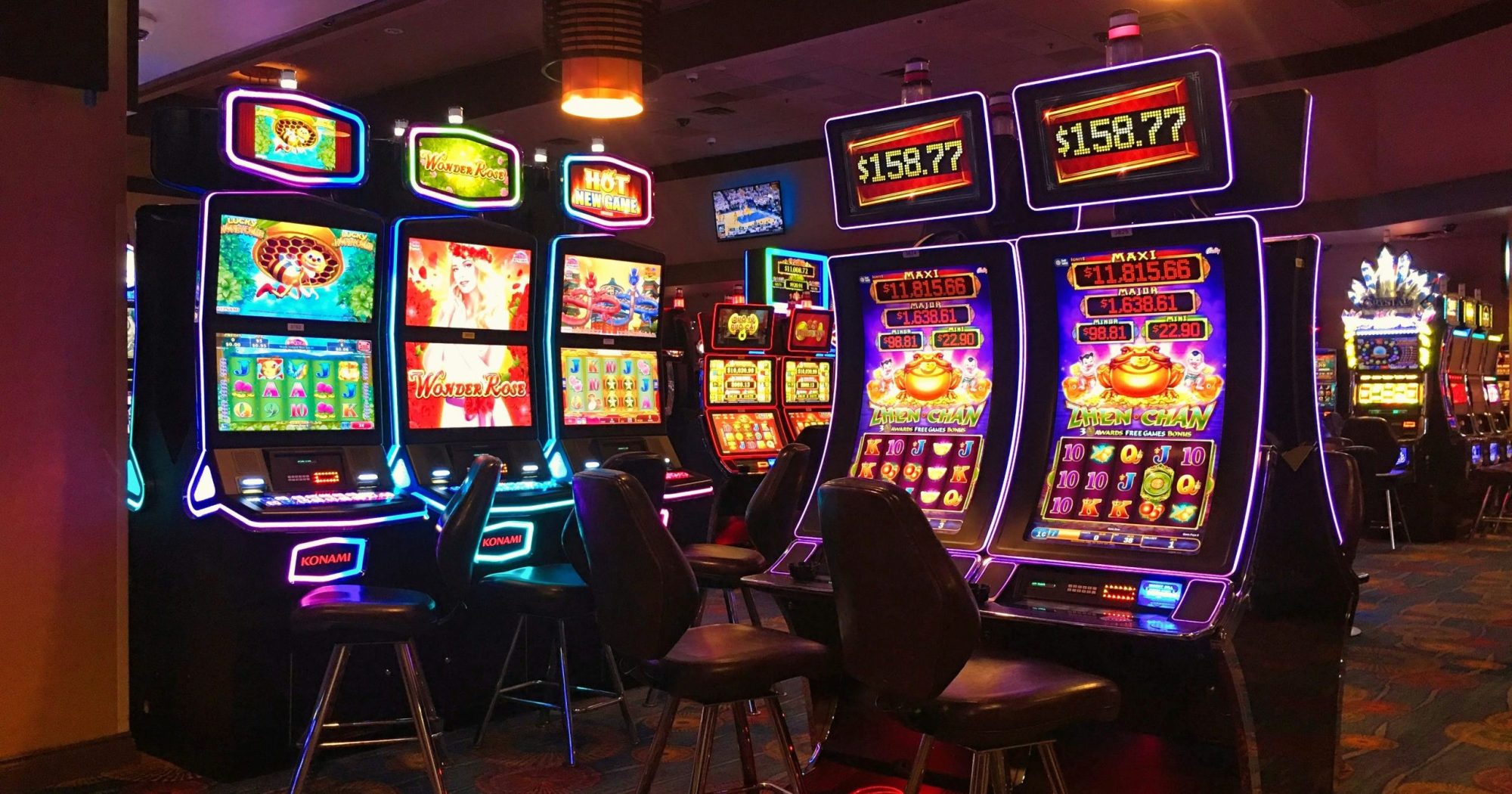Slot games are a staple in online casinos, attracting players with their simplicity and variety. A common question many ask is: Are casino slots really random? With digital technology shaping modern slot machines, the underlying mechanics rely on complex algorithms designed to ensure fairness. This guide explores how slot randomness works, the role of RNGs (Random Number Generators), and what it means for players.
How Do Slots Generate Random Results?
Unlike traditional mechanical slot machines, which used physical reels, modern online slots operate using software-based Random Number Generators (RNGs). The purpose of an RNG is to generate a completely random sequence of numbers at all times, ensuring that no pattern or predictability exists. Here’s how it works:
- Continuous Number Generation – The RNG continuously produces thousands of random numbers per second, even when the game is not in use.
- Determining Symbol Placement – When a player presses the spin button, the slot algorithm selects a number from the sequence at that exact millisecond, determining the reel positions.
- Fair Play Standards – Licensed casinos use certified RNGs that are tested by independent authorities to prevent manipulation and ensure randomness.
Because these numbers are generated in real time, each spin is independent of the previous one, meaning there is no way to predict when a winning combination will appear.
The Role of RTP and Volatility in Slot Games
Understanding how randomness works in slots also involves looking at Return to Player (RTP) and volatility.
- RTP (Return to Player) – Expressed as a percentage, RTP represents the theoretical amount a slot will return to players over time. For example, a slot with an RTP of 96% means that, on average, £96 is returned for every £100 wagered. However, this percentage is calculated over millions of spins and does not apply to individual players.
- Volatility (Variance) – Volatility determines how frequently and how much a slot pays out. High-volatility slots offer larger but less frequent wins, while low-volatility slots provide smaller, more frequent payouts.
Both RTP and volatility are built into the slot’s algorithm but do not affect the randomness of each spin.
Can a Slot Game Be Manipulated?
Many players wonder if slots can be rigged or manipulated. At 7bet, all slot games are operated under strict licensing regulations, ensuring that they are fair and unbiased.
Regulated online casinos comply with the following safeguards:
- Third-Party Testing – Independent auditors, such as eCOGRA and iTech Labs, verify that the RNGs used in slots function correctly.
- Gaming Licences – Casinos licensed by authorities such as the UK Gambling Commission must adhere to fairness standards.
- Encryption and Security – Licensed platforms employ encryption to protect game data, ensuring that no external party can interfere with results.
Players can trust that properly regulated slots provide fair gaming experiences where outcomes are truly random.
Why Do Some Players Think Slots Are Not Random?
Despite strict regulations, some players believe that slots are programmed to behave unfairly. Here are some reasons why this misconception exists:
- Chasing Losses – If a player experiences consecutive losses, they might feel the game is “due” for a win, even though each spin is independent.
- Near-Misses – Slots are designed to create near-miss experiences, where winning symbols appear just short of aligning. This is a psychological feature but does not mean the game is rigged.
- Winning and Losing Streaks – RNGs ensure randomness, but streaks of wins or losses can occur purely by chance.
Understanding the mechanics of slots can help players set realistic expectations about their gaming experience.
How Do Jackpots Work in Random Slots?
Jackpot slots function similarly to standard slot games but with additional features that allow for potentially higher payouts. There are two main types of jackpots:
- Fixed Jackpots – These have a set maximum payout that does not change.
- Progressive Jackpots – These grow over time as a portion of each wager contributes to the total prize pool. The final payout is awarded randomly or through a specific combination.
Because these jackpots are incorporated into the RNG system, their occurrence remains completely random, making every spin a separate event.
Strategies for Playing Slots Responsibly
While slots are based on chance, there are ways to manage your gameplay effectively:
- Set a Budget – Decide how much you are willing to spend and stick to it.
- Choose the Right Volatility – Pick games based on your preference for frequent smaller wins or larger, less frequent payouts.
- Avoid Chasing Losses – Each spin is independent, so losing streaks do not increase the chances of a win.
- Try Demo Versions – Many slot games, including those at 7bet, allow players to test games in free mode before wagering real money.
Responsible gaming ensures a better experience while keeping play enjoyable and within limits.
Final Thoughts
To answer the question, Are casino slots really random? – Yes, they are. RNGs ensure that every spin is fair and unpredictable, with no way to manipulate the outcome. While RTP and volatility influence long-term returns, they do not change the randomness of individual spins.
At 7bet, all slot games are regulated, tested, and verified to guarantee fair play. Understanding how slot randomness works helps players make informed decisions while enjoying the experience.
Betting is only available to participants above 18 years. Please bet responsibly. BeGambleAware.org


